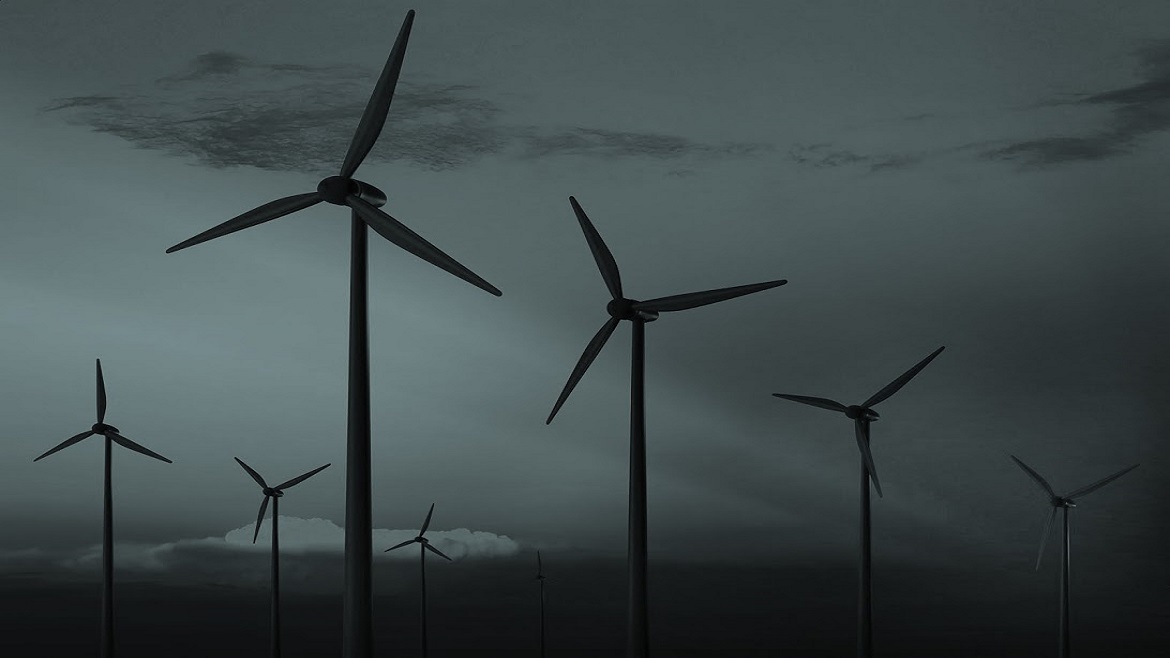Every year, the World Economic Forum meeting in Davos is a good opportunity to hear leaders from business, politics and civil society debate their predictions on the challenges and opportunities facing the world economy.
Every year comes with its uncertainties and challenges but what’s particularly interesting about this year’s summit is that it will be holding numerous debates looking at how the world economy can become more resilient in the face of continuing environmental degradation. With sessions tackling how businesses can respond to risks from climate change, how to improve food security in the face of growing environmental concerns and what’s needed to agree a strong climate change deal in Paris, the summit is taking a serious look at the state of the world’s environment.
This focus is not only welcome, it is also urgently needed, for 2015 marks a pivotal moment in the history of global environmental policy. According to the New Climate Economy Report, the next 15 years will see the global economy grow by more than half, around 1bn more people live in cities and around US$90tn being invested in the world’s urban, land use and energy infrastructure. How these investments are made will have a profound impact on the world’s environment and on whether the world can prevent global average temperatures increasing by more than 2C, the threshold of ‘dangerous’ climate change that the international community has agreed not to cross as part of the UN’s ongoing climate change negotiations.
Politically, we are at the start of an important year. World leaders will meet in September in New York to agree new sustainable development goals and again in December at the UN’s climate conference in Paris to seek to agree an adequate global deal to tackle climate change; the European Union will be fleshing out its latest package of legislation on climate change and energy with an urgent need to reform its flawed emissions trading scheme; and the UK’s upcoming general election will put in place a new government that will have major decisions to take on the future of the UK’s clean energy and energy efficiency sectors in its first 18 months in power.
In such a context, a clear commitment from leaders in Davos to prioritise action on the environment in 2015 will be crucial. Concretely, there are three outcomes that would be most welcome to get out of Davos. First, given the clear link between the state of the environment and that of the world economy, leaders need to show far more focus on incorporating environmental concerns into all key political and business decision making.
Second, with mounting evidence showing that early action to tackle climate change is both cost-effective and can help generate economic growth, business leaders need to speak louder on the economic case for climate action. A growing and supportive business voice will have a key role to play in getting political leaders to secure a global deal in Paris that can genuinely reduce the risks that the world economy and society currently face from climate change.
Third but not least, leaders should show a growing commitment to address other key environmental challenges, from the urgent need to make the world economy far more resource-efficient to protecting and improving the state of our natural resources such as water on which the world economy is so dependent - an issue that it is likely to come out strongly in the UK’s Natural Capital Committee report later this month.
The World Economic Forum was set up with a commitment “to improve the state of the world”. 2015 is more than ever the year for political and business leaders to live up to this pledge.




